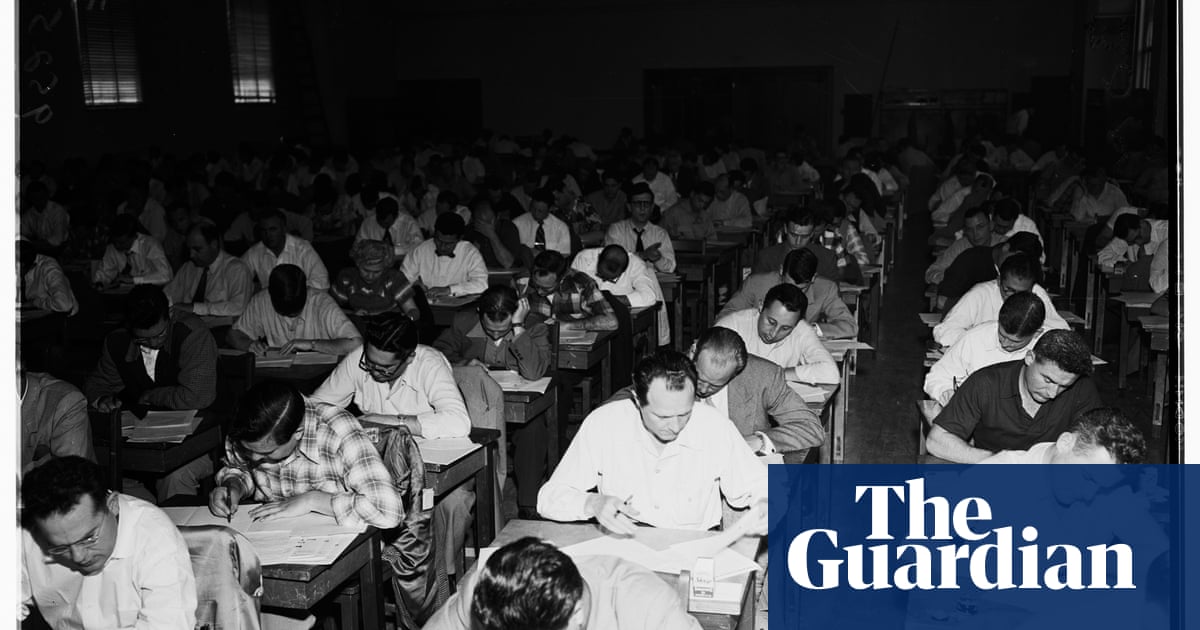The state bar ofCaliforniahas disclosed that some multiple-choice questions in a problem-plagued bar exam were developed with the aid of artificial intelligence.
The legal licensing body said in anews releaseon Monday that it will ask theCalifornia supreme courtto adjust test scores for those who took its February bar exam.
“The debacle that was the February 2025 bar exam is worse than we imagined,” Mary Basick, assistant dean of academic skills at the University of California, Irvine, School of Law,toldthe Los Angeles Times. “I’m almost speechless. Having the questions drafted by non-lawyers using artificial intelligence is just unbelievable.”
In February, the new exam led to complaints after many test-takers were unable to complete their bar exams. The online testing platforms repeatedly crashed before some applicants even started. Others struggled to finish and save essays, experienced screen lags and error messages and could not copy and paste text, the Timesreportedearlier.
According to a recentpresentationby the state bar, 100 of the 171 scored multiple-choice questions were made by Kaplan and 48 were drawn from a first-year law students exam. A smaller subset of 23 scored questions were made by ACS Ventures, the state bar’s psychometrician, and developed with AI.
“We have confidence in the validity of the [multiple-choice questions] to accurately and fairly assess the legal competence of test-takers,” Leah Wilson, the state bar’s executive director, told the newspaper in a statement.
Katie Moran, an associate professor at the University of San Francisco School of Law who specializes in bar exam preparation, told the newspaper: “It’s a staggering admission.
“The State Bar has admitted they employed a company to have a non-lawyer use AI to draft questions that were given on the actual bar exam,” she said. “They then paid that same company to assess and ultimately approve of the questions on the exam, including the questions the company authored.”
Andrew Perlman, dean of Suffolk University Law School and an advisorycouncilmember of the American Bar Association taskforce on the law and artificial intelligence, said he had not heard of AI being used to develop bar exam questions or standards being put in place governing such uses.
But he said he was not surprised, given the rapid growth of AI technology. Perlman said AI can be useful for developing questions for assessment, but a critical guard rail is making sure that everything that comes from an AI tool is vetted carefully by experts in the subject matter.
He expects its use to continue to grow.
Although there might be public skepticism of the emerging technology in the legal profession at this time: “we will be worried in the future about the competence of lawyers who don’t use these tools,” Perlman predicted.
